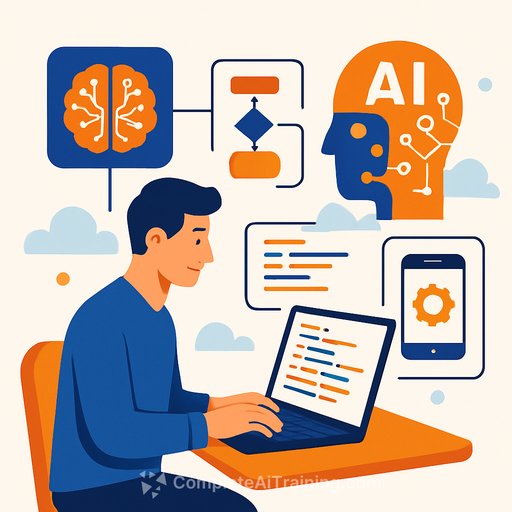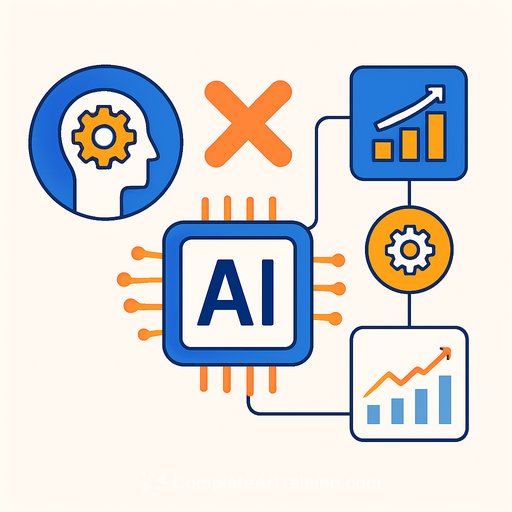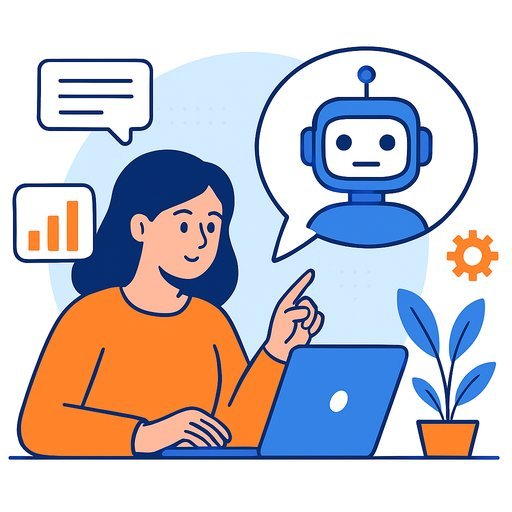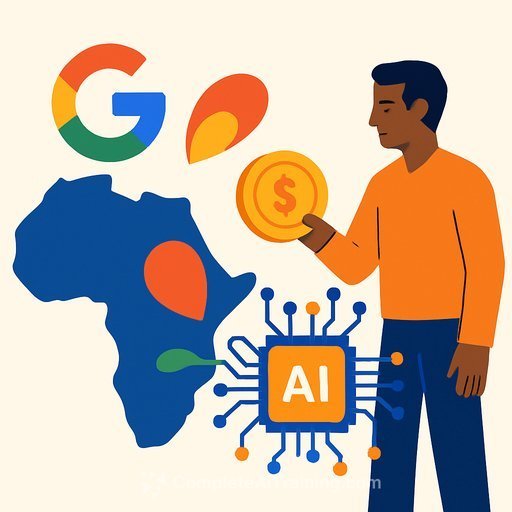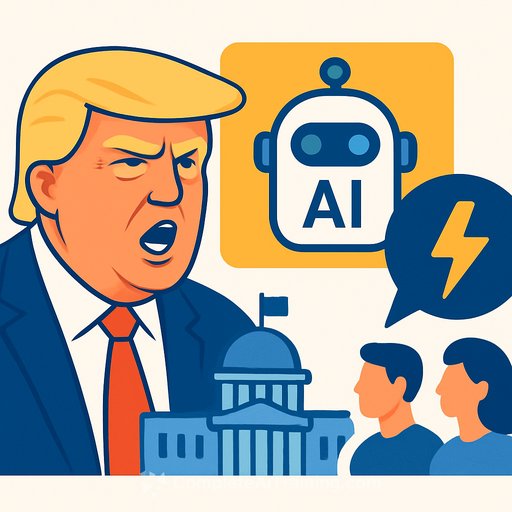The AI Engineer: A Full-Stack Architect of Tomorrow
The role of the AI engineer is evolving into something much broader than traditional software engineering. As described by OpenAI co-founder Greg Brockman, an AI engineer is essentially a “builder” who constructs the entire application stack—from foundational AI models all the way to the end-user experience. This shifts the focus from narrow specializations toward a holistic approach that covers every stage of the AI product lifecycle.
At the AI Engineer World’s Fair in San Francisco, Brockman emphasized that an AI engineer is not just a machine learning researcher or a product manager. Instead, they are a hybrid professional who bridges these areas seamlessly. According to him, “It’s building the whole thing.” This means the AI engineer must be comfortable working on every layer of the technology stack: selecting and fine-tuning AI models, designing the user interface, and managing deployment. This vertical integration of skills is key for fast iteration and solving problems efficiently in a field where technology moves at an intense pace.
Brockman also suggested that the career path of an AI engineer is less about strict specialization and more about continuous, hands-on learning. His own experience, from co-founding Stripe to leading OpenAI’s technical efforts, reflects a focus on building and iterating directly with the technology. The biggest breakthroughs often come from practical application rather than theory alone. This approach enables AI engineers to translate advanced model capabilities into real-world solutions while balancing scientific insight with engineering practicality.
During the event, NVIDIA CEO Jensen Huang briefly highlighted the importance of this emerging profession, calling the AI engineer “the future of software engineering.” His statement underlines how this role is not just a niche specialization but a fundamental shift in the engineering discipline itself.
In essence, the AI engineer is a versatile, full-stack problem solver who can design, build, and deploy AI solutions end-to-end. This makes them essential for organizations that want to leverage AI effectively and stay competitive.
Key Skills of an AI Engineer
- Deep knowledge of AI and machine learning models, including selection and fine-tuning
- Strong software engineering skills across the full technology stack
- User interface design to ensure practical and accessible AI applications
- Deployment and maintenance of AI systems, ensuring they perform reliably
- Continuous learning mindset to keep up with fast-moving AI advancements
For professionals interested in developing these skills, comprehensive AI training can provide a practical path forward. Platforms like Complete AI Training offer a variety of courses focused on full-stack AI development and real-world applications.
If you’re aiming to become an AI engineer or enhance your expertise in AI development, focusing on practical building and iteration will set you apart. The ability to connect research with product execution is what makes this role critical in today’s technology landscape.
Your membership also unlocks:

